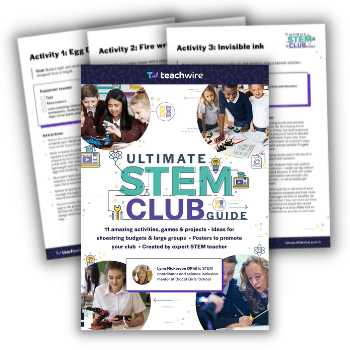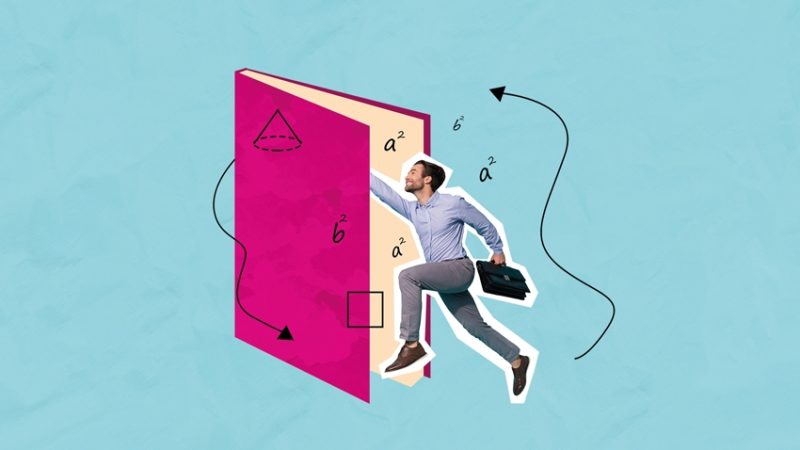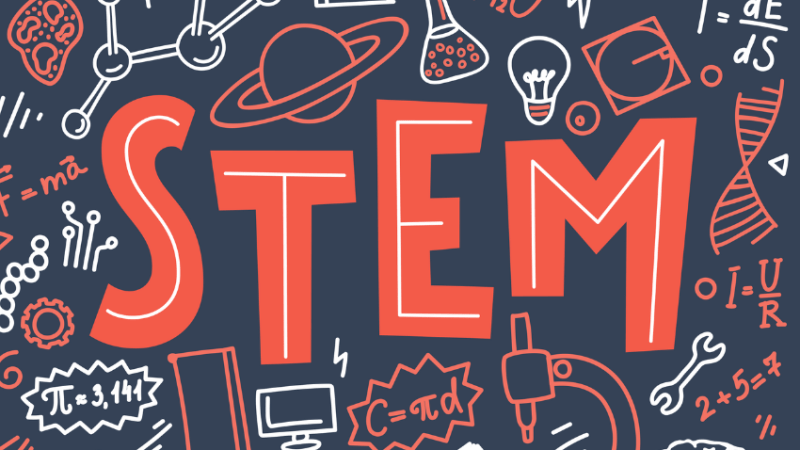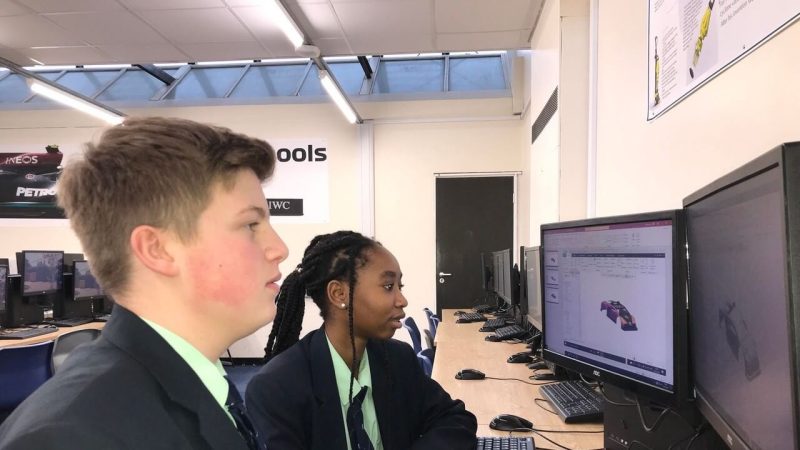Let’s ditch the stereotypes – STEM, careers, and science’s image problem

The ‘nerd scientist’ cliché isn’t just tired – it’s actively stopping students with an aptitude for science for realising their career ambitions, says Caitlin Brown…

- by Caitlin Brown
- Education officer at the British Science Association

The myth of the ‘nerdy scientist in a lab coat’ has persisted for decades.
Many will see this as a funny and harmless thing, but for young people in KS3 considering their future careers, it’s a damaging, unrepresentative and unappealing stereotype that can negatively affect their view of careers within science and wider STEM education.
This sort of nonsense
Dispelling such a well-established narrative won’t be easy, of course, but there are some steps that can be taken in the classroom to at least lessen the likelihood of young people allowing negative stereotypes to affect their career decisions.
Mixing up the ways in which science lessons are delivered is one way of challenging such narratives.
Project-based learning (PBL) is ideal for this, because of how it can show the depth and breadth of what careers in science actually look like.
A well-organised PBL activity can help young people appreciate both the excitement that science-related careers can offer, and the sheer variety of ways in which science can play a role in many different sectors.
Getting started
PBL is a method of teaching that encourages students to identify real-world problems and create solutions for them, emphasising a hands-on approach to learning. The projects students end up tackling might range from an art restoration exercise, to monitoring water pollution and anything in between.
The multi-disciplinary nature of PBL lets students who wouldn’t necessarily describe themselves as having a natural interest in science to see its applications across an array of other subjects and sectors, be it the arts, sport or even fashion.
The ‘nerdy scientist’ stereotype is further damaging because it usually denotes an older white man with crazy hair, and often paints science careers as being only for the highest achieving students – hardly an accessible image for teenagers thinking about their future careers.
For undecided students and those who have already dismissed the idea of pursuing a career in STEM, these misconceptions could make the idea of studying STEM subjects seem altogether pointless.
However, if students can be taught to apply their science learning and existing skills to everyday challenges, perhaps in combination with other subjects they’re drawn to, we could break the stereotype’s damaging influence.
Science in action
Putting this into action could also involve highlighting role models in the field of science, or discussing the many exciting roles available in the science sector.
There are plenty of positive approaches we can take, but PBL in particular can provide students with first-hand experience of what being a scientist is truly like, and the variety of careers science can lead to.
It’s not just future scientists who should be encouraged to take an interest in science but everyone, since it’s relevant to all aspects of our lives.
Opportunities to get young people involved with PBL science activities can take the form of independent home learning and classroom projects, as well as national programmes such as the CREST Awards and The Mayor’s London Scientist Programme.
Participating in such projects can tackles students’ preconceptions about science being only for select few, by dint of how collaborative and inclusive they are.
However we choose to do it, it’s important that outdated views of science and scientists be critically examined and eventually overturned, especially seeing as we’re now living in an age that depends heavily on science and science-based skills.
PBL and similar approaches can help young people better comprehend just how wide-ranging the applications of science really are, and the multitude of career paths and ways of understanding our world that will open up to them as a result.
Caitlin Brown is education manager at the British Science Association; for more information, visit britishscienceassociation.org or follow @BritSciAssoc. Read more about women in STEM.










